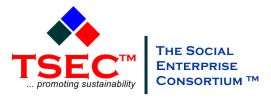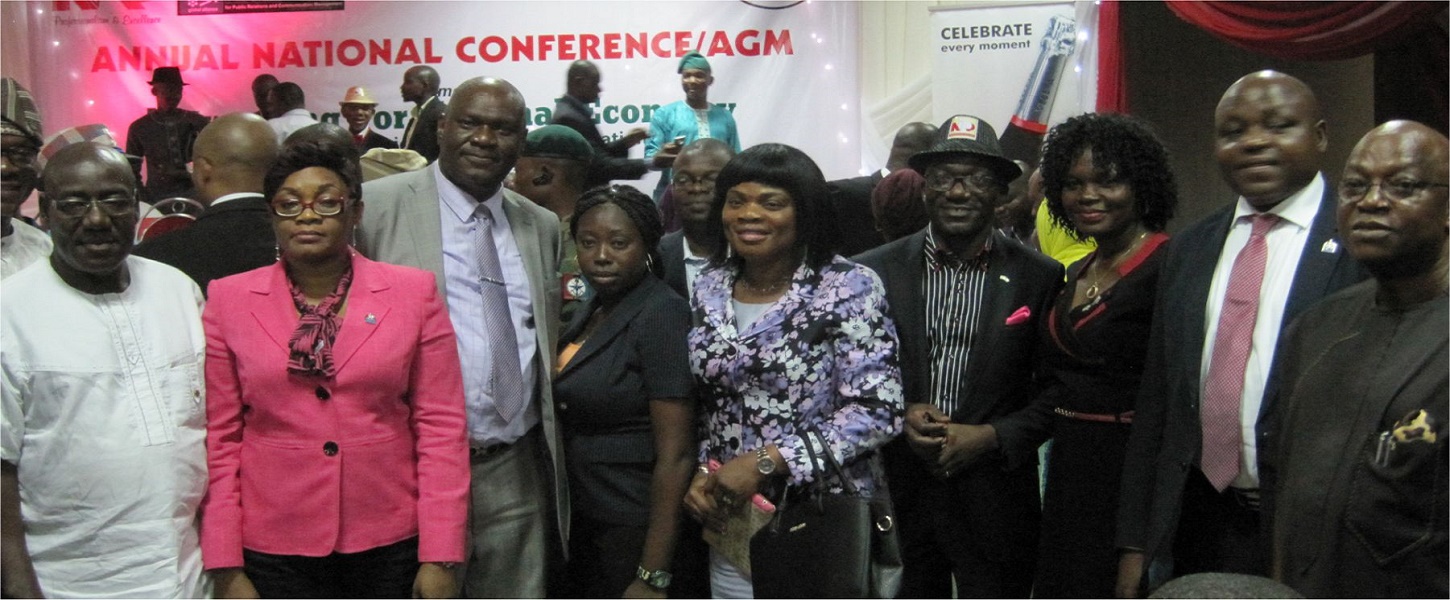Revamping Nigeria’s economy requires a comprehensive approach that addresses both short-term challenges and long-term structural issues. Here are some key measures that can be taken:
Diversification of the Economy
Nigeria’s economy is heavily reliant on oil exports, making it vulnerable to fluctuations in global oil prices. Diversifying the economy by promoting non-oil sectors such as agriculture, manufacturing, and services can reduce this vulnerability and create more sustainable sources of growth.
Infrastructure Development
Improving infrastructure such as roads, ports, railways, and electricity supply is crucial for enhancing productivity, attracting investment, and facilitating business activities. Public-private partnerships (PPPs) can be leveraged to finance and implement infrastructure projects efficiently.
Enhancing the Business Environment
Streamlining regulatory processes, reducing bureaucratic red tape, and addressing corruption are essential for improving the ease of doing business in Nigeria. Creating a conducive environment for both domestic and foreign investors will stimulate entrepreneurship, innovation, and job creation.
Human Capital Development
Investing in education, healthcare, and skills training is vital for developing a skilled workforce that can drive economic growth and innovation. Promoting access to quality education and healthcare services will improve productivity and enhance the overall well-being of the population.
Strengthening Governance and Institutions
Addressing governance challenges, promoting transparency, and strengthening institutions are essential for fostering investor confidence, reducing corruption, and ensuring the effective implementation of economic policies and reforms.
Promoting Financial Inclusion and Access to Credit
Enhancing access to finance, particularly for small and medium-sized enterprises (SMEs), can spur entrepreneurship and economic diversification. Measures such as expanding financial literacy programs, improving credit infrastructure, and supporting microfinance institutions can help broaden financial inclusion.
Sustainable Development
Prioritizing sustainable development practices, including environmental conservation, renewable energy adoption, and climate resilience, is critical for long-term economic viability and resilience to global challenges such as climate change.
Regional Integration and Trade
Deepening regional integration through initiatives such as the African Continental Free Trade Area (AfCFTA) can expand market access, promote intra-African trade, and attract investment. Nigeria can leverage its position as the largest economy in Africa to drive regional economic cooperation and integration.
By implementing these measures, Nigeria can revamp its economy, achieve sustainable growth, and improve the living standards of its citizens. However, it will require political will, strong leadership, and collaboration among various stakeholders to overcome entrenched challenges and realize the country’s economic potential.

